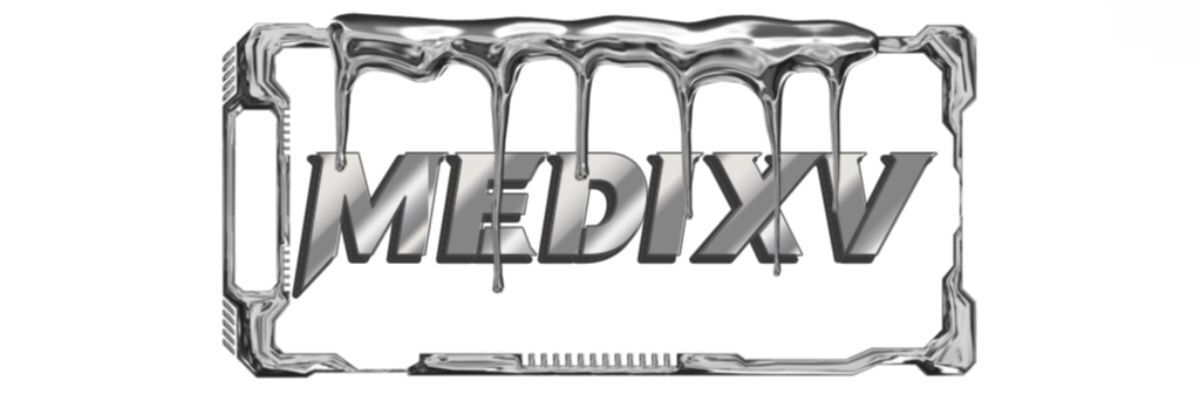Top Uses and Safety Tips for Acetylene Gas Explained!
Acetylene gas (C2H2) is one of the most widely used industrial gases, primarily known for its versatile role in various applications such as welding, cutting, and chemical synthesis. As a buyer engaged in foreign trade, understanding the uses and safety precautions associated with this powerful gas is crucial for ensuring safe and efficient operations.
If you want to learn more, please visit our website Acetylene Gas (C2H2).
One of the primary applications of acetylene gas is in the welding and cutting sectors. When combined with oxygen, acetylene produces a flame that reaches temperatures exceeding 3,500 degrees Celsius (6,332 degrees Fahrenheit), making it the hottest flame achievable with conventional fuels. This property makes acetylene an essential component in oxy-acetylene welding and cutting processes, where it is used for joining metal components and cutting through various materials. Industries ranging from construction to automotive manufacturing rely on acetylene because of its efficiency and effectiveness in providing strong, durable welds.
Beyond welding, acetylene has significant applications in the production of chemicals. It serves as a key building block in the synthesis of various compounds, including acetaldehyde, acetic acid, and vinyl acetate. These compounds are crucial in the manufacture of plastics, solvents, and synthetic fibers. As global demand for these products continues to rise, purchasing acetylene gas remains a strategic investment for chemical manufacturers looking to secure a consistent supply.
Acetylene gas is also employed in the production of carbide, which has its uses in various industries, including mining and metal production. Additionally, its bright flame is utilized in lighting applications, particularly in older styles of gas lamps. While these applications highlight the versatility of acetylene, it is essential to remember that handling this gas requires strict adherence to safety guidelines due to its highly flammable and potentially explosive nature.
Understanding the current situation of purchasing acetylene gas is imperative for any buyer. The market for acetylene is influenced by factors such as production costs, demand in the industrial sectors, and regulatory compliance. It is crucial to source acetylene from reputable suppliers who adhere to industry standards. Buyers should verify the supplier’s certifications and compliance with local regulations, ensuring they provide high-quality gas that meets the necessary safety and performance standards.
Here are some key safety tips for handling and using acetylene gas:
Proper Storage: Acetylene must be stored in specialized cylinders designed to withstand high pressures. Ensure that cylinders are upright and secured to prevent tipping. Keep them in a well-ventilated area, away from heat sources, open flames, or combustible materials.
Explore more:
7 Key Benefits of Synthetic Polymers & Resins for Industry Suppliers
Top Chemical Solutions Trading Company: Finding Quality and ReliabilityUse Protective Gear: When working with acetylene, wearing appropriate personal protective equipment (PPE) is non-negotiable. This includes flame-resistant gloves, goggles, and aprons to shield against potential burns and explosions.
Flashback Arrestors: Installation of flashback arrestors is critical in welding systems to prevent flames from traveling back into the gas supply lines. Regularly check and maintain these devices to ensure their effectiveness.
Detection Systems: Use gas detection systems to monitor for leaks in enclosed spaces. Acetylene is odorless and colorless, so having detection equipment is vital for safety.
Education and Training: Ensure that all personnel who handle acetylene gas receive proper training on its properties and potential hazards. Understanding how to respond in emergencies, such as gas leaks or fires, can save lives.
Transporting Gas: When transporting acetylene cylinders, adherence to transportation regulations is essential. Secure cylinders properly in the transport vehicle and keep them in an upright position to prevent leaks.
In conclusion, acetylene gas is a fundamental component in various industrial applications, particularly welding and chemical manufacturing. As a buyer, valuing safety alongside operational efficiency not only enhances productivity but also protects the well-being of workers and the environment. By understanding the uses of acetylene and adhering to safety measures, businesses can effectively harness the benefits of this valuable gas while minimizing risks.
Contact us to discuss your requirements of Ethane, C2H6 Specialty Gas. Our experienced sales team can help you identify the options that best suit your needs.


Comments
0